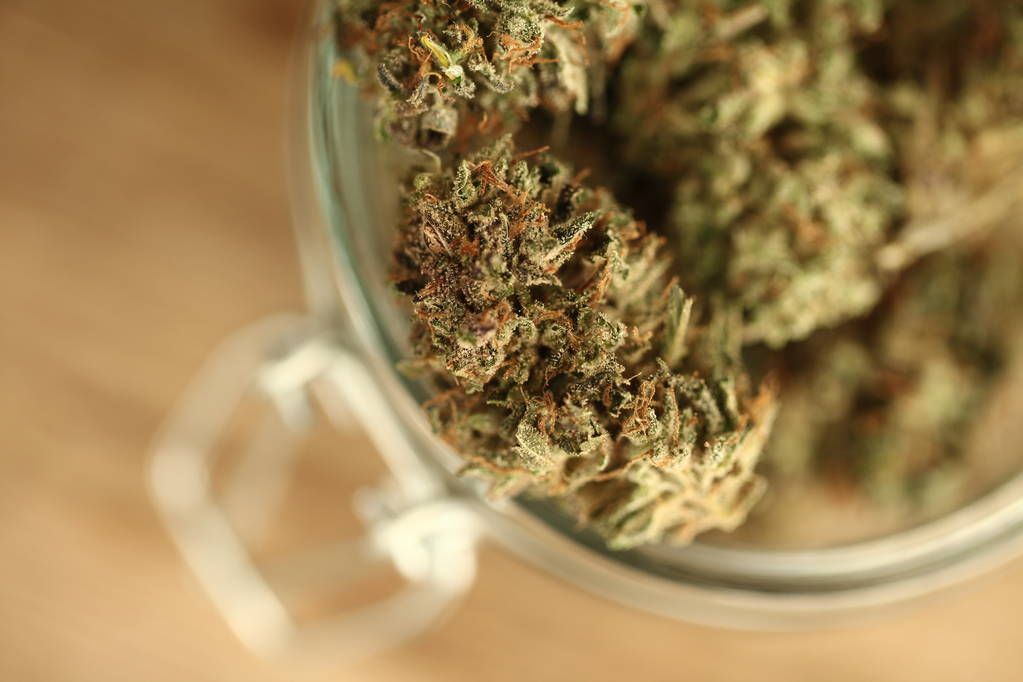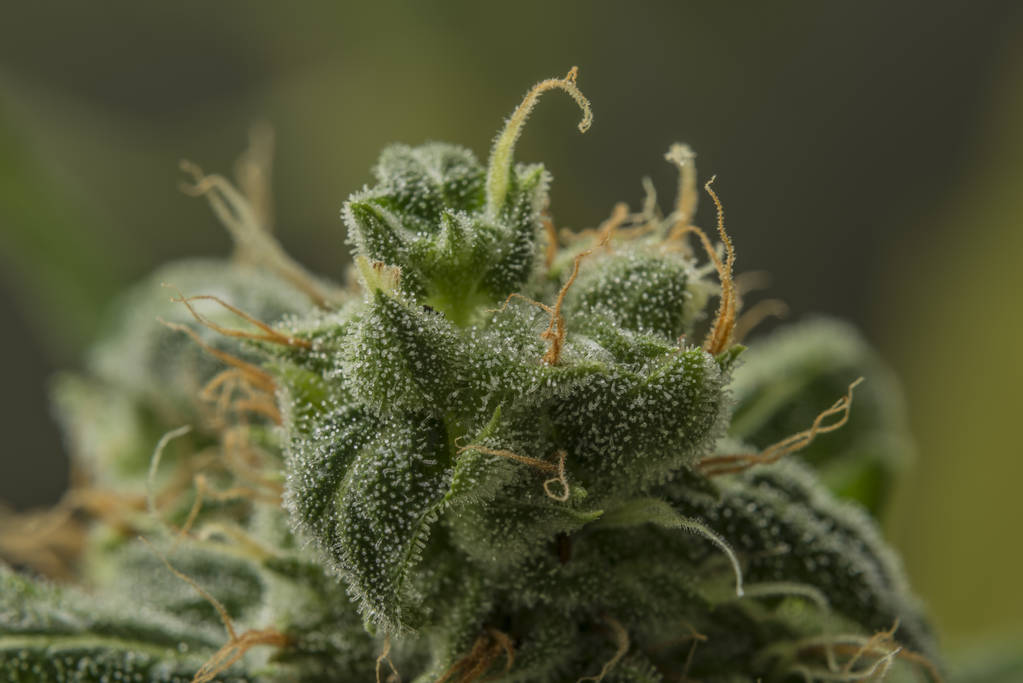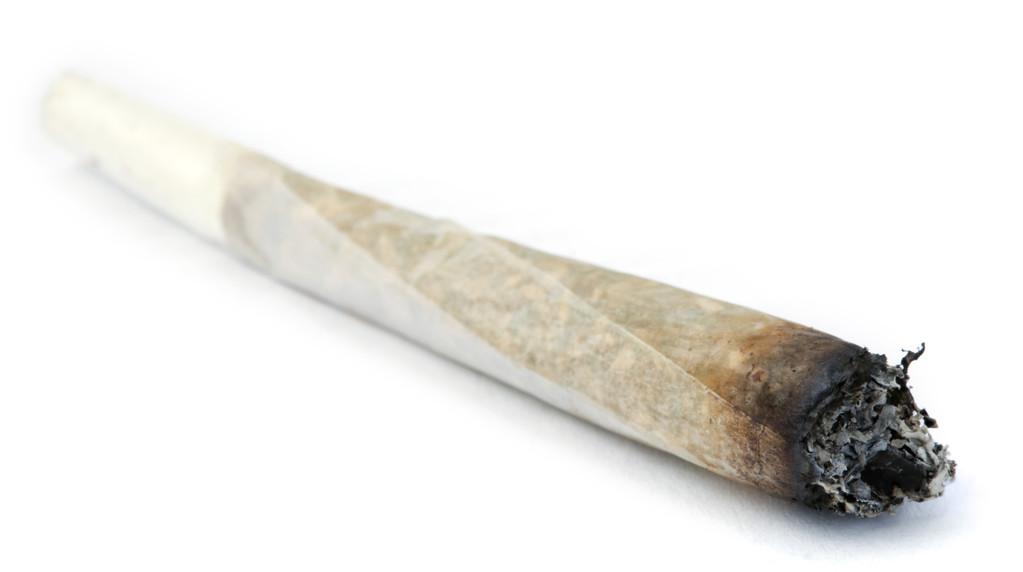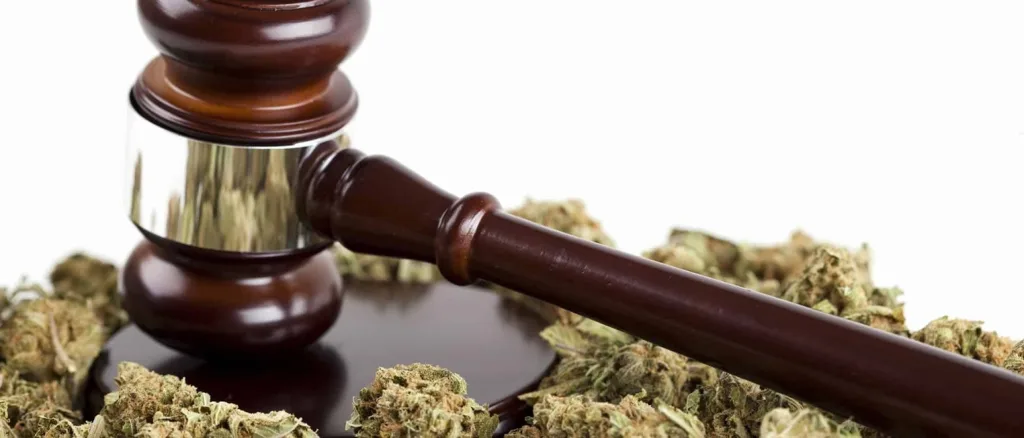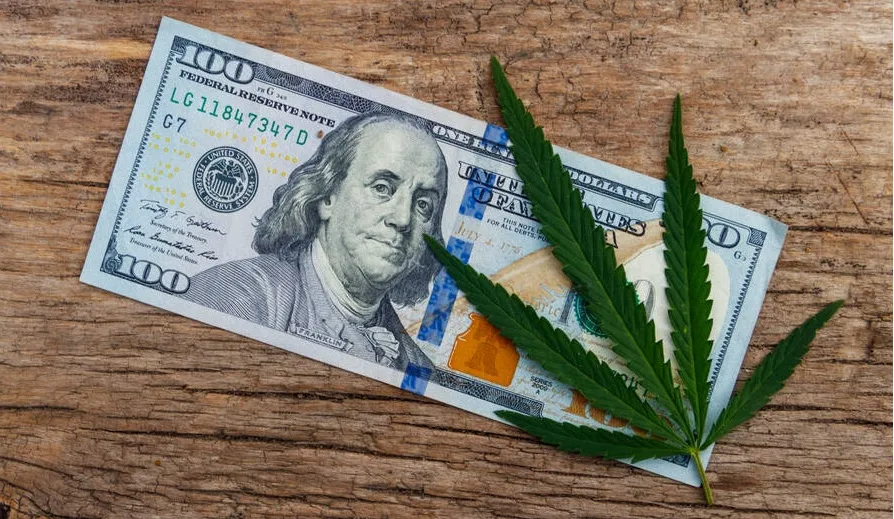57 countries have legalized the medical use of marijuana.

As confirmed by a recent study published by the US National Institute of Health, 57 countries have legalized medical marijuana. Canada was the first country to do so in 2001, five years after California became the first U.S. state to legalize the medicine.
The list below includes the 57 countries that have enacted some form of medical marijuana legalization law, arranged alphabetically, along with the year they legalized it. It’s important to note that the specific laws and regulations can vary significantly between countries. Continue reading


